Cranberry: An Amazing Gift Of Nature.
Apr 17, 2019 • 8 views
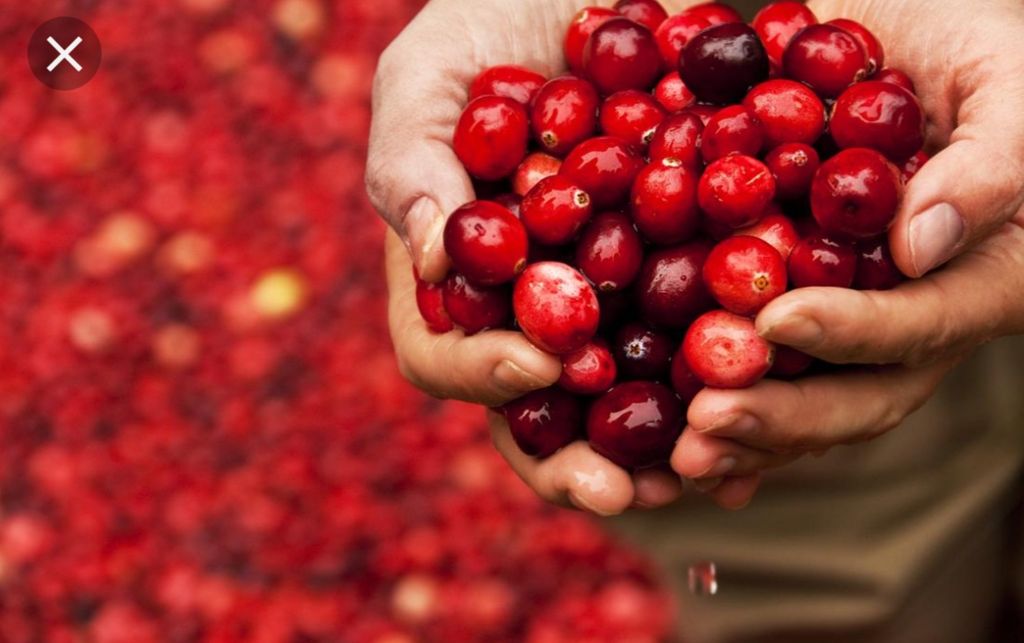
Cranberries are a group of trailing vines or evergreen dwarf shrubs . These low, creeping shrubs or vines grow upto 2m long and 5 to 20 cm in height. Their slender wiry stems, which are not thickly woody, have small evergreen leaves. The flowers are dark pink, with very distinct with reflexed petals. Domestic honey bees pollinate them. The cranberry fruit is an epigynous berry which is larger than the leaves of the plant. The edible fruit, with an acidic taste us initially white but turns a deep red when fully ripe.
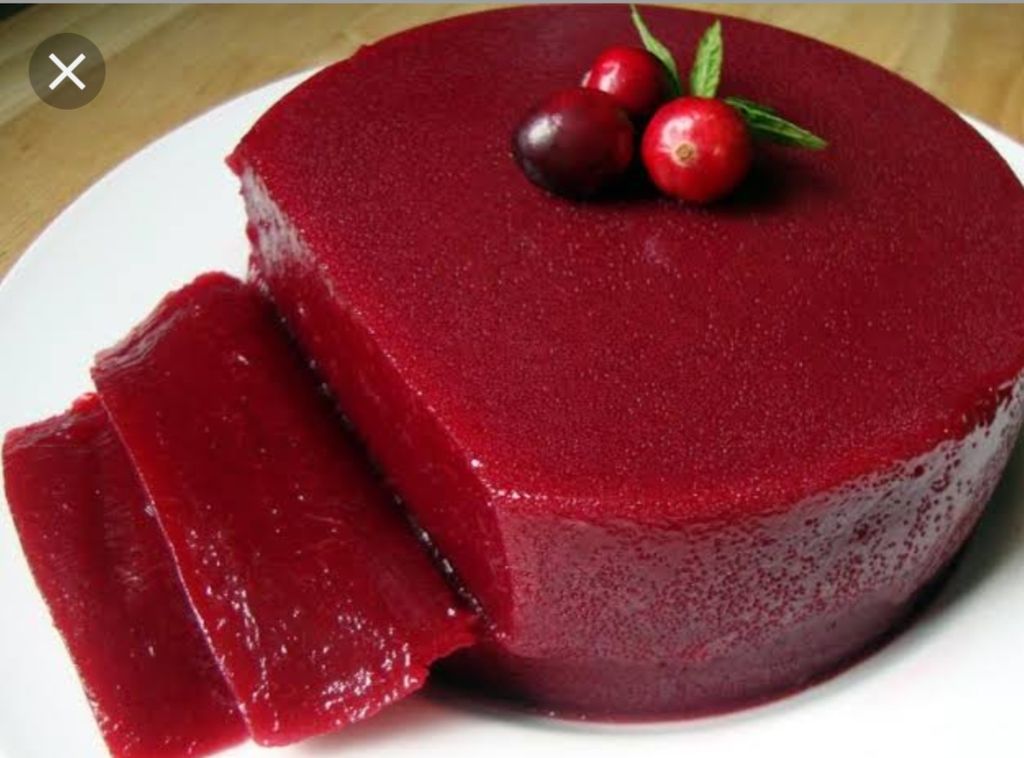
Health benefits-
Cranberry is s fruit which must be added to our diet as it helps to regulate our system. Historically cranberry leaves and fruits were used for a variety of problems such as wounds, urinary disorders, diarrhoea, stomach ailments, diabetes and liver problems. It also has been reported to have antioxidants and anticancer activity. It has been used as both medicine and food for centuries. It has a diverse phytochemical profile that includes 3 classes of flavonoids, catechins and phenolic acids.
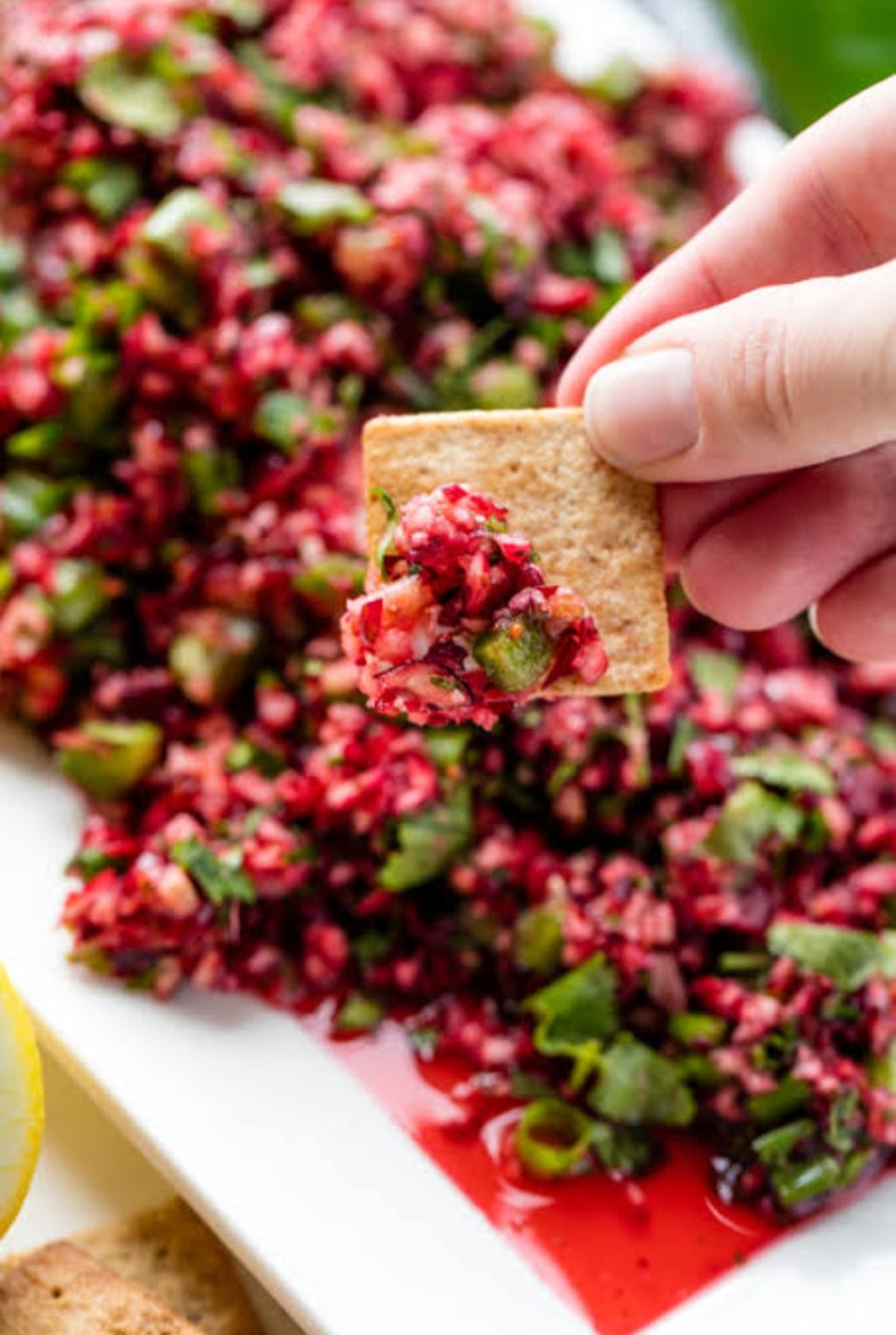
Cranberries have the ability to prevent and treat urinary tract infection. Their juice contains an antibacterial agent and certain other compounds, which together reduce the ability of the E.Coli bacteria from sticking to the walls of the uterus and bladder.
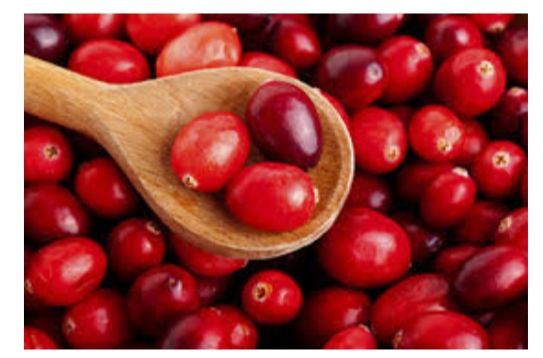
Cranberry juice helps in inhibiting the aggregation of bacteria that cause dental plaque.
Several vitro screening tests and their evaluation suggest that the proanthocyanidin compounds found in cranberry may exhibit some anti-carcinogenic activities. So they may also have anti-cancerproperties. Cranberry extract can inhibit low density lipoprotein oxidation .since this process is believed to be part of what can cause heart diseases, prevention of oxidation through cranberry supplementation can potentially reduce heart disease.
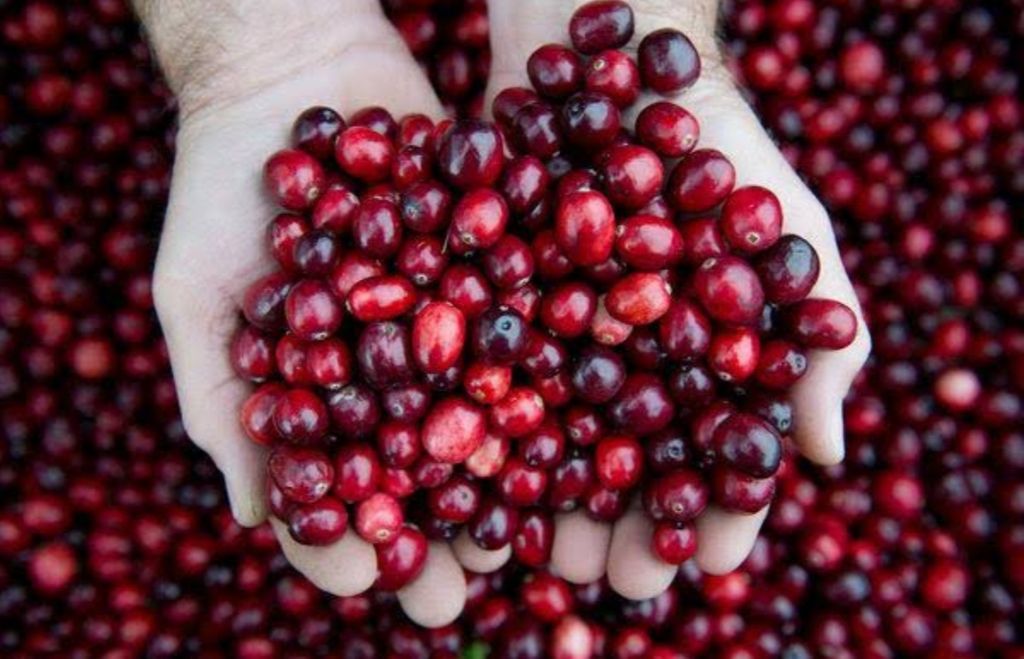
Cranberry contain quinic acid which prevents the combination of calcium and phosphate ions to form insoluble stones. They are also beneficial as they prevent the formation of kidney stones. Prevention of oxidation of LDL cholesterol may also hep to prevent atherosclerosis, as it improves blood vessel function.
They raise HDL cholesterol or lower LDL cholesterol.
Lab studies have shown that cranberry stops the growth of human cancer cells. It does so by causing the cancer cells to commit suicide and also by stopping their ability to multiply.
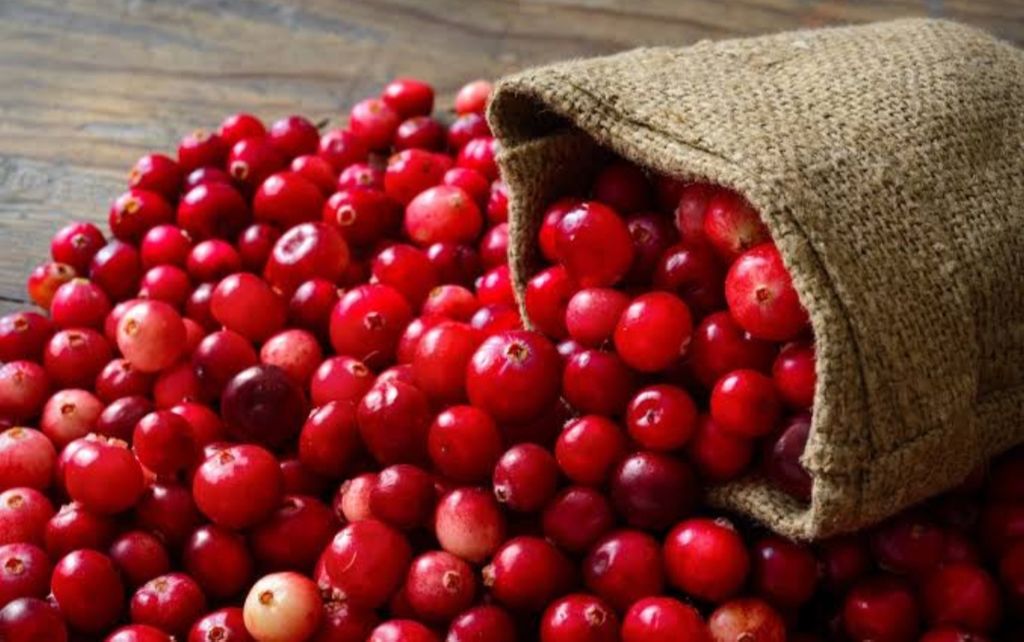
A glass of cranberry juice a day increases the effect of medicine used to treat ulcer and many other digestive complaints.
Cranberries are a rich source of dietary fibre. The roughage present in them helps relieve constipation among its other benefits. They are also related to their anti inflammatory properties. They contain vitamin C .They also help to eliminate streptococcus mutans which is responsible fortooth decay.
Enjoy the rich benefits of cranberry.
Happy eating!
